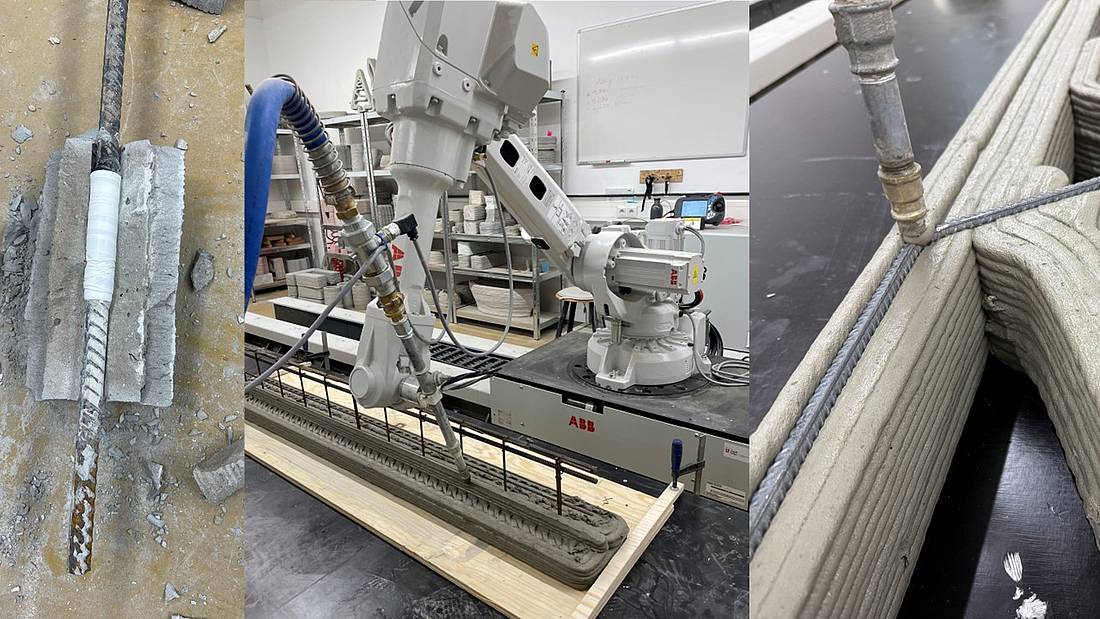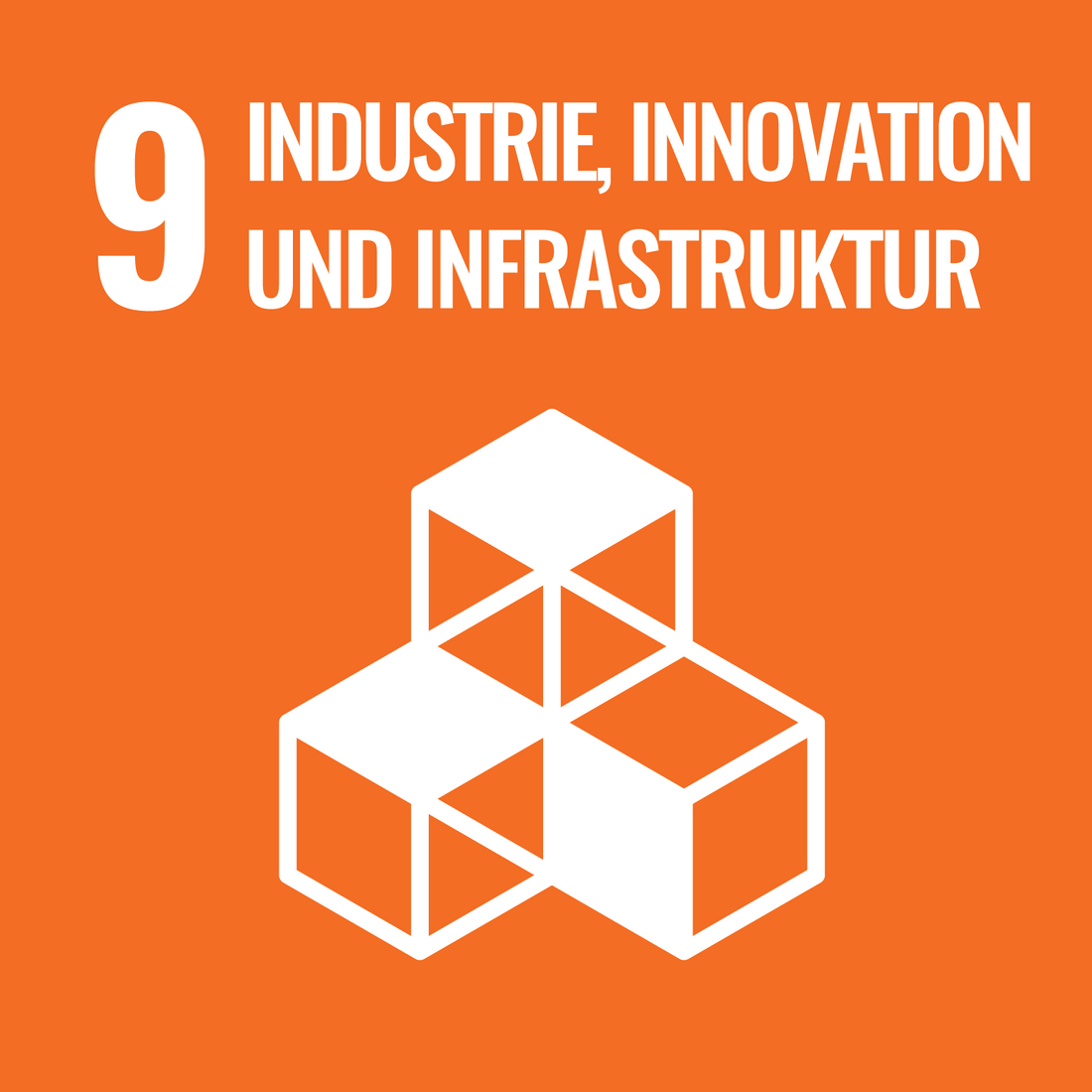DI Marc-Patrick Pfleger, BSc
Senior Researcher
marc-patrick.pfleger@hcw.ac.at
+43 1 606 68 77-1630
Project Duration: September 01st, 2025 - August 31st, 2028
Reinforced concrete is the most widely used building material worldwide, but cement production causes significant CO₂ emissions. Digitalizing and automating concrete production offer great potential for using resources more efficiently and reducing emissions sustainably.
The aim is to establish guidelines for the use of 3D-printed reinforced concrete components in construction and open new possibilities for sustainable solutions. Together with Österreichische Bautechnik Vereinigung and TU Wien, the project is being carried out as a collective research project, in which 27 industry partners will also contribute their practical experience.
Building on the foundations of 3D concrete printing established in the previous project, C3PO, particularly with regard to material development and process control, C3PRO focuses on integrating reinforcement systems into extrusion-based additive manufacturing processes. This advancement enables the production of concrete components that are both load bearing and resource efficient.
The project focuses on developing automated manufacturing and design concepts that integrate digital planning, structural calculations, and manufacturing into a continuous workflow. Experimental investigations and prototype production are used to analyze load-bearing behaviour, manufacturing quality and material efficiency in depth.
Students on bachelor's and master's programs in civil engineering and construction management are also involved in the research project as part of their final theses. They actively support project work, contributing to the further development of additive manufacturing in the construction industry and fostering close links between research, practice and teaching.
The project contributes to the twin transition (digital and ecological transformation) in the construction industry and ensures the international competitiveness of the Austrian construction industry.
• Standardization: Guidelines for structural design and material characterization are being developed and made available to industry
• Innovative strength: The development of new, automated manufactured concrete components opens new markets and prevents monopolies
• Sustainability: Material-optimized design approaches and resource-efficient manufacturing processes reduce CO₂ emissions and enhance working conditions within the construction industry
The C3PRO project investigates the sustainable transformation of the construction industry by providing resource-efficient concrete components and automated manufacturing processes that minimise cement usage and CO₂ emissions (SDG 12). Meanwhile, digital workflows and innovative production technologies boost efficiency, innovation and productivity in the construction industry (SDGs 8 and 9).
Assistant Researcher
nina.sam@hcw.ac.at
+43 1 606 68 77-2672
Head of Programs Technical Building Equipment; Head of Research Center for Building and Design
markus.vill@hcw.ac.at
+43 1 606 68 77-2541



